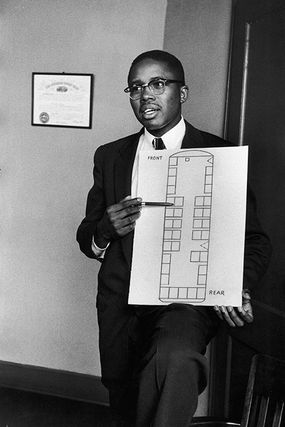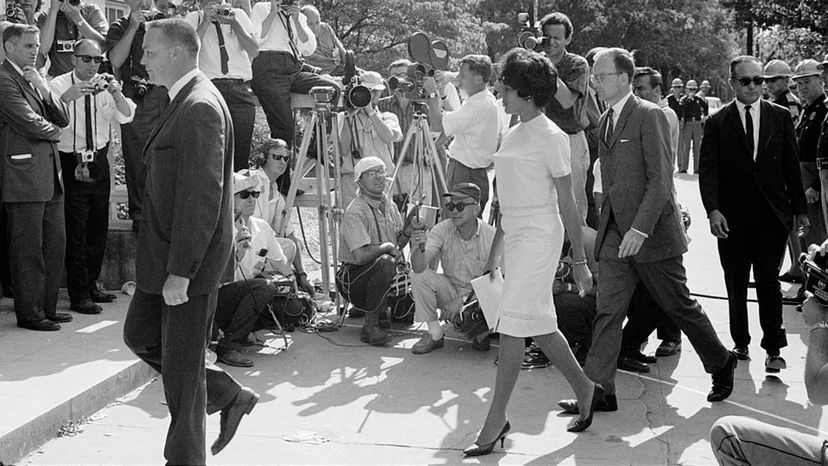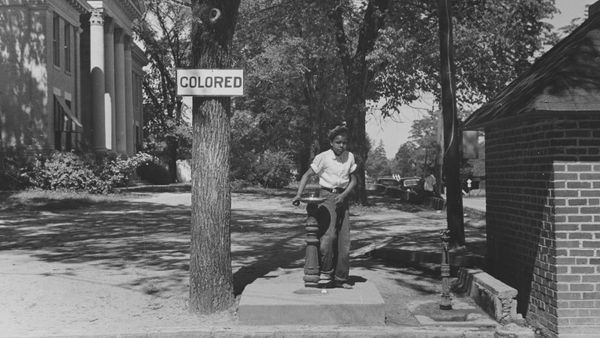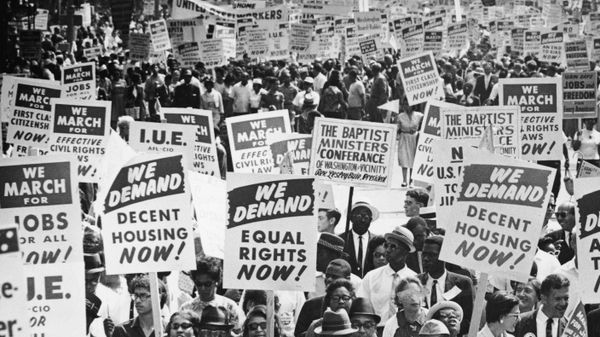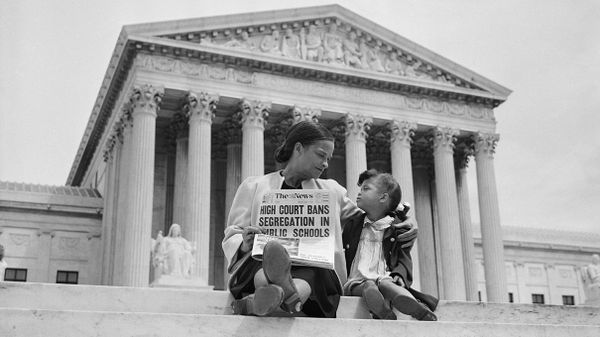
Over the past seven decades, longtime Alabama civil rights lawyer Fred Gray represented Rosa Parks, Martin Luther King Jr. and the victims of the infamous Tuskegee syphilis experiment, in which the U.S. Public Health Service refused for decades to provide readily available treatment to Black men who had the disease.
Gray played important roles in landmark Supreme Court decisions that outlawed segregated public transit and affirmed the strategy of the Montgomery bus boycott organizers. He protected the freedom of association guaranteed by the First Amendment by preventing Alabama officials from obtaining the NAACP's membership list. He argued in the Supreme Court a case on racial gerrymandering that redefined the city boundaries to exclude 400 Black people — but no white people — from the city limits of Tuskegee, Alabama, which set the stage for the one-person, one-vote rule that governs redistricting after every census. And when state and local segregationist leaders in Alabama sued the national press and local civil rights leaders, Gray's legal efforts afforded strong constitutional protection to critics of public officials and government policy.
Advertisement
As a scholar of constitutional law and civil rights, I understand that Fred Gray has had an enormous impact on American law and society. His cases are taught in every law school in the country, and his work has led to fundamental reforms in legal doctrine and helped to cement important changes in the lives of ordinary people all over the country.
I'm not the only person to recognize Gray's enormous contributions: Martin Luther King Jr. called him "the brilliant young Negro who later became the chief counsel for the protest movement." And July 7, Gray received the Presidential Medal of Freedom, the highest civilian honor in the nation, from President Joe Biden.
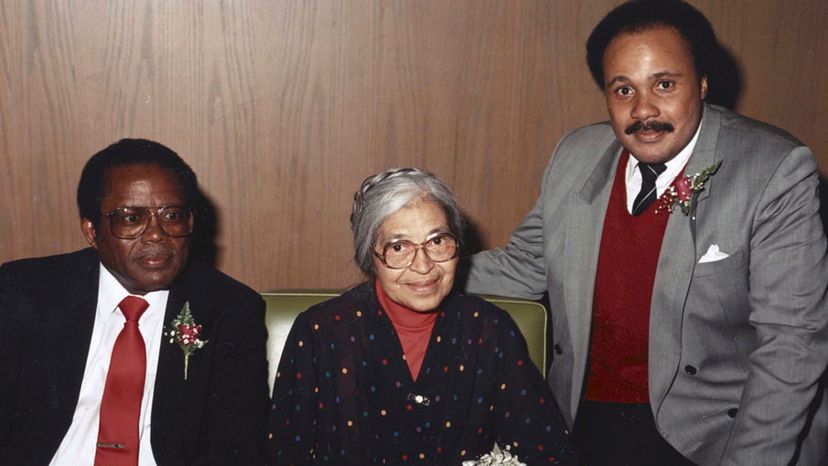
Advertisement
